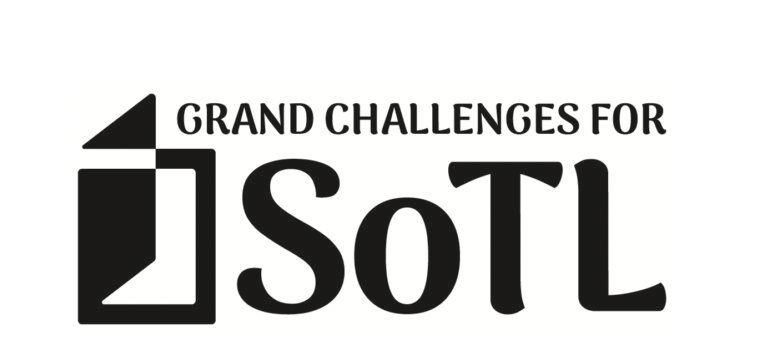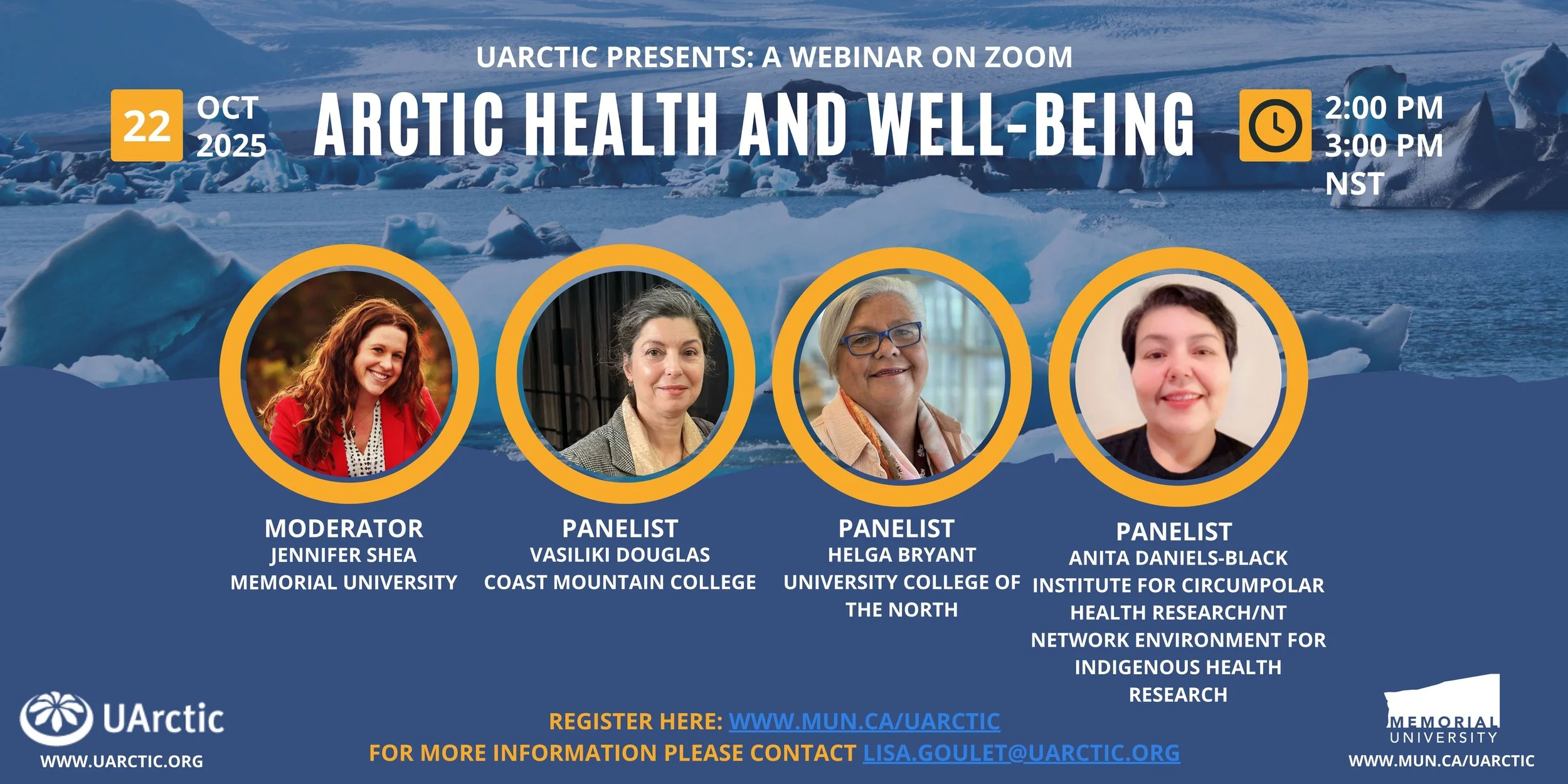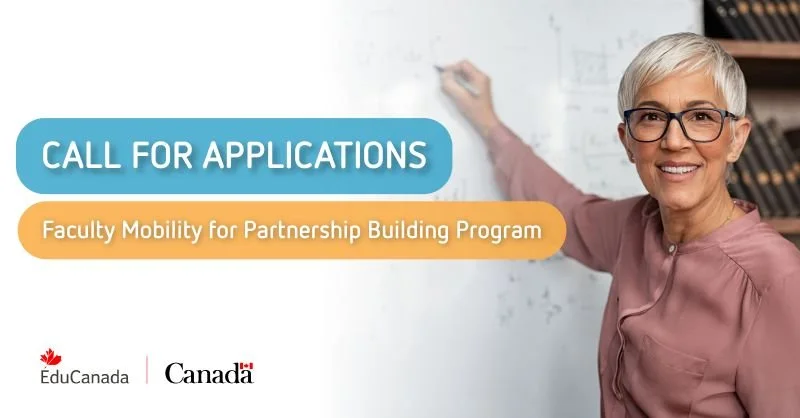The handouts used by our writing tutors cover a wide range of topics, including general essay writing, business writing, writing in the sciences, and various style guides used in respective disciplines. Key grammar handouts are also available, as well as guidelines for critical reading and analysis, writing graduate school and scholarship applications, and how to undertake academic research for a given writing assignment. All handouts are licensed under a Creative Commons Attribution-NonCommercial-ShareAlike 4.0 International License.
Read our handouts online, or download the PDFs to keep as references. Some of these have worksheets to print and fill out by hand. Several sections have too many handouts to fit neatly on the screen; use the arrows to move lefthand right and see more.
Essay Writing
A thesis statement represents the central insight that an author considers the most significant or interesting aspect of his or her topic or area of research.
Thesis proposals are intended to demonstrate that there is a particular issue requiring coverage, there is a concrete plan, and there are enough resources to carry out the plan.
Definitions of common terms used to describe the requirements for types of academic writing assignments.
Paragraphs are used to organize an author’s ideas so a reader can easily follow an argument.
An introduction acts as the first impression of an essay. It provides sufficient detail to interest the reader without developing the main points; this prepares the reader for an explanation of these points.
Essay writing involves having a clear understanding of the message (a thesis), of the intended audience, and of the overall purpose of the paper.
A compare and contrast essay focuses on how two items or texts are similar, different, or both.
Business & Commerce Writing
Tips for writing professional emails. The majority of business email interactions will use a formal or semi-formal tone.
This is a general outline for a business report. The structure varies depending on the nature of the report.
Writing in the Sciences
These grammar resources can help you with the writing and editing process. Some are available for loan at the Library and the Writing Centre.
Guides that can help you complete academic writing assignments in various disciplines.
A number of guides that can help you with the writing and editing process. Some of these resources are available for loan at both the Patrick Power Library and our Writing Centre.
These style guides were prepared in partnership with Saint Mary's faculty and are tailored to meet the expectations of particular disciplines of study.
Professional scientists and engineers are often required to explain their work to non-specialists, including members of the media and the general public.
Scientific writing requires grammatical and stylistic approaches that differ from those preferred in other academic disciplines.
Citation & Style Guides
These grammar resources can help you with the writing and editing process. Some are available for loan at the Library and the Writing Centre.
Guides that can help you complete academic writing assignments in various disciplines.
A number of guides that can help you with the writing and editing process. Some of these resources are available for loan at both the Patrick Power Library and our Writing Centre.
These style guides were prepared in partnership with Saint Mary's faculty and are tailored to meet the expectations of particular disciplines of study.
Professional scientists and engineers are often required to explain their work to non-specialists, including members of the media and the general public.
Scientific writing requires grammatical and stylistic approaches that differ from those preferred in other academic disciplines.
Grammar & Punctuation
Transitions are used to help sentences, paragraphs, and ideas "flow" together. This allows for ease of reading and comprehension by a reader.
Conjunctive adverbs are commonly used as transitions that help sentences, ideas, and paragraphs flow.
The verb and the subject within a sentence must agree in number. Thus, a singular subject takes a singular verb and a plural subject takes a plural verb.
At its most basic level, a sentence is a sequence of words that conveys a complete thought.
Sentences that do not express a complete thought or do not have a subject and a verb are incomplete.
Repetitious expressions and redundancies are common in speaking and writing. For concision in academic writing, these should be eliminated.
Pronouns are words that take the place of nouns. They provide a shortcut to avoid repeating any persons, places, or things.
Prepositions allow the noun or pronoun in the phrase to modify another word in the sentence.
Parallel structure is using a consistent format for each idea, whether words, phrases, or clauses.
When composing any type of document, it is essential to edit and proofread the work in order to ensure that all ideas expressed are grammatically and structurally correct. This is especially important in university level papers, as clarity is one of the many important components involved in developing a persuasive argument.
A conditional sentence describes a condition that is necessary for a particular outcome to occur.
Some words and terms are often incorrect or used incorrectly in informal mediums.
Some words seem very similar but have extremely different meanings and uses.
A comma splice is a common writing error that occurs when two or more independent clauses in a sentence are incorrectly connected by a comma
A clause is a group of words that contains a subject and a predicate (which contains a verb). A clause can make up part of a sentence, or it can be a sentence on its own.
A, an, and the are articles placed before a noun and any modifiers that refer to that noun.
Apostrophes are used to form contractions, to show possession, and to make a noun ending in s plural.
Critical Reading & Analysis
Critical analysis involves evaluation of an author’s work. A critique is the written analysis of the subject.
Critical analysis skills are needed to write an effective critique, but it is also necessary to be able to communicate the analysis to a reader in a clear, effective way.
This is a step-by-step guide to critical analysis of a paper. Critical reading goes beyond simply reading for information. It involves evaluating information in such a way that asking questions becomes more important than simply learning facts.
This is a step-by-step guide to close reading of a literary text. Critical reading goes a step beyond reading for information: it involves evaluating the information rather than simply absorbing it. When reading critically, it is more important to ask questions than to learn facts.
Writing Applications & Proposals
Thesis proposals are intended to demonstrate that there is a particular issue requiring coverage, there is a concrete plan, and there are enough resources to carry out the plan.
Research, Study & Exam Preparation
A literature review is an organization and evaluation of existing research that is relevant to a specific topic or subject area.
Citation, References & Bibliography
The decision of whether to use direct quotations or to paraphrase depends on the purpose of the information. Citations are necessary for an author to show the reader where the information came from.
A bibliography is a list of works on a subject that gives complete publication information and is formatted according to one of several documentation styles. An annotated bibliography also provides commentary on each citation from the person who has compiled the list of works.
Presentations
Speaking is fundamentally different from writing because listening is fundamentally different from reading. It is storytelling, and you are the storyteller.
- Abstracts
- Adjectives
- Annotation
- Apostrophes
- Applications and proposals
- Articles
- Assignment tasks
- Bibliography
- Business and Commerce
- Citation
- Commas
- Common errors
- Conclusions
- Critical reading and analysis
- Editing
- Essays
- Exams
- Grammar
- Handout
- Introductions
- Lab reports
- Notes
- Outline
- Parts of speech
- Practice
- Presentations
- Proofreading
- Punctuation
- Quotes
- Reading
- Reports
- Research and Study
- Resource links
- Reviews
- Science communication
- Sentences
- Speaking
- Style
- Style guide
- Tables and figures
- Thesis
- Transitions
- Verbs
- Worksheet
- Writing





























